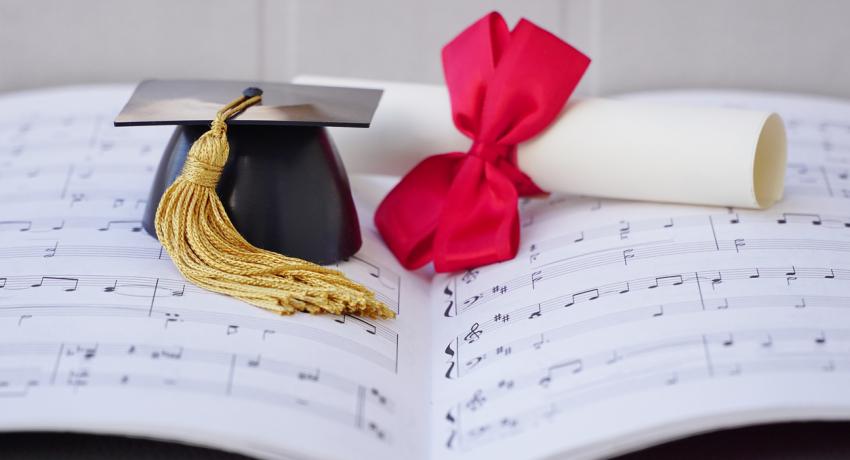You can attend the 1st session as a taster on 31st January @ 7.30pm UK Time by using this link:
https://zoom.us/j/92264682325?pwd=UTZLeEUvU2ZzVTBLS1VVUElDS3RxQT09
You may like to watch a video recording of a music appreciation session (for adults) from 3rd November 2021 on J S Bach's 'The Art of Fugue'. The sessions for this course will be in a similar format, but geared more to teenage musicians.
Choose a Subscription that suits you
An Annual Subscription
Gives you access to all videos, resources live and recorded courses on the site for 12 months from the date of purchase.
Courses: Live courses (on ZOOM) are held 3 times a year - in September, January and June. Each course consists of six, 90 minute sessions held on a Wednesday evening at 7.30pm (UK time). The sessions are recorded and edited into a video which is uploaded to the site, usually within a week. If you miss a session, you will be able to catch up by watching the recorded video in your own time. Some people prefer not to attend the LIVE sessions and just watch the recorded videos.
Videos: The Thinking Arts website has a growing catalogue of videos (currently 50+) which you will be able to access at any time. The videos are usually about 90 minutes long and cover a wide range of subjects - music history, chamber music, vocal music, the concerto, the symphony, contemporary music and many more.
This course covers the development of Western Classical Music from the earliest records of Gregorian Chant to the contemporary music of the 20th and 21st centuries and is aimed at teenagers who want to widen their musical horizons.
This course will be especially beneficial to young instrumentalists, but prior musical knowledge is not a requirement.
Over 12 monthly session, (on the last Monday of each month) the course will introduce the styles and developments that each musical era brought with it as well as background context.
Students will have access to online material which will supplement the knowledge gained through the online sessions. They will also have the opportunity, if they wish, to compose pieces in the style that is being learnt.
Week 1: Early Beginnings, Gregorian Chant and the Birth of Polyphony
Week 2: 11th, 12th and 13th Centuries: Organum, Early polyphony, Leonin and Perotin, the Motet
Week 3: 14th and 15th Centuries
Week 4: The Renaissance
Week 5: The Birth of Opera
Week 6: The Baroque
Week 7: Stile Galant and the Early Classical Period
Week 8: The Late Classical Period
Week 9: The Romantic Period
Week 10: Late Romantics
Week 11: The 20th Century
Week 12: Where to now?


